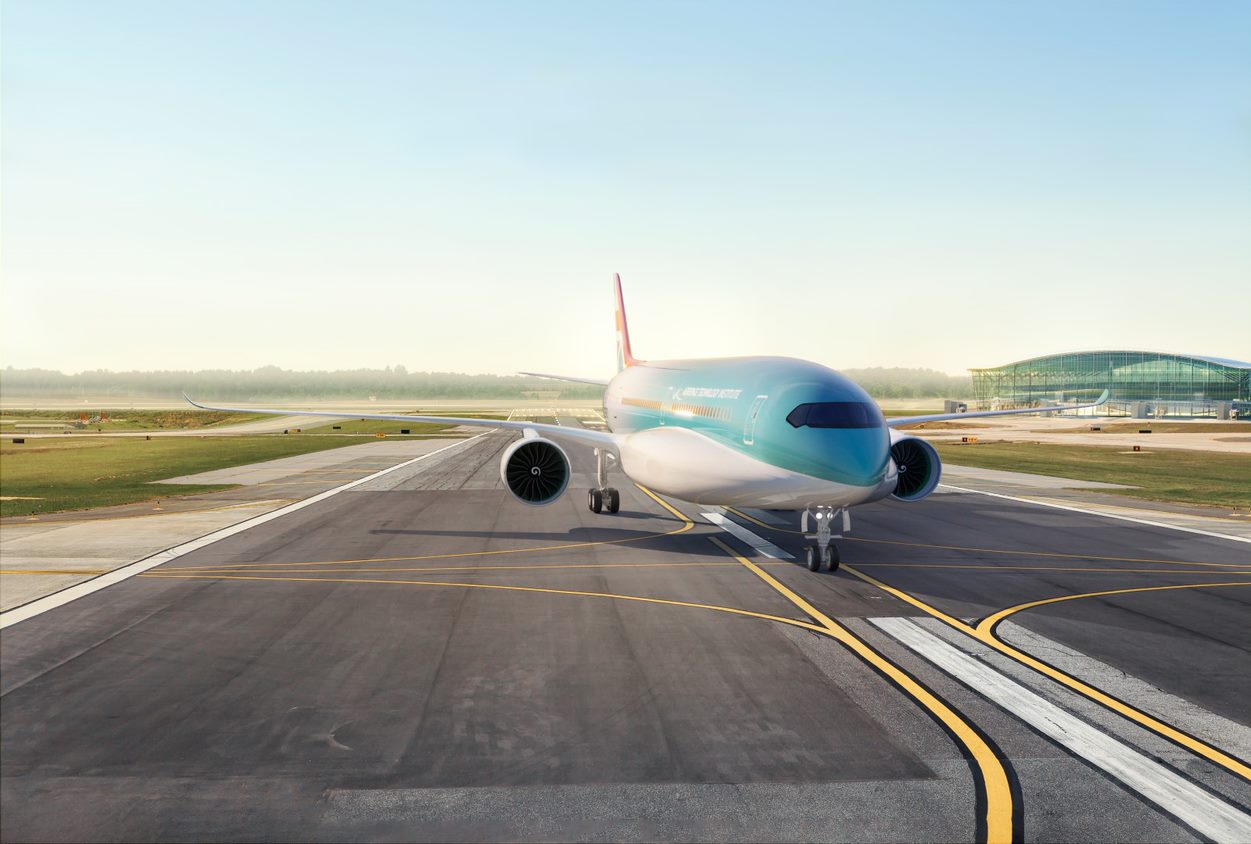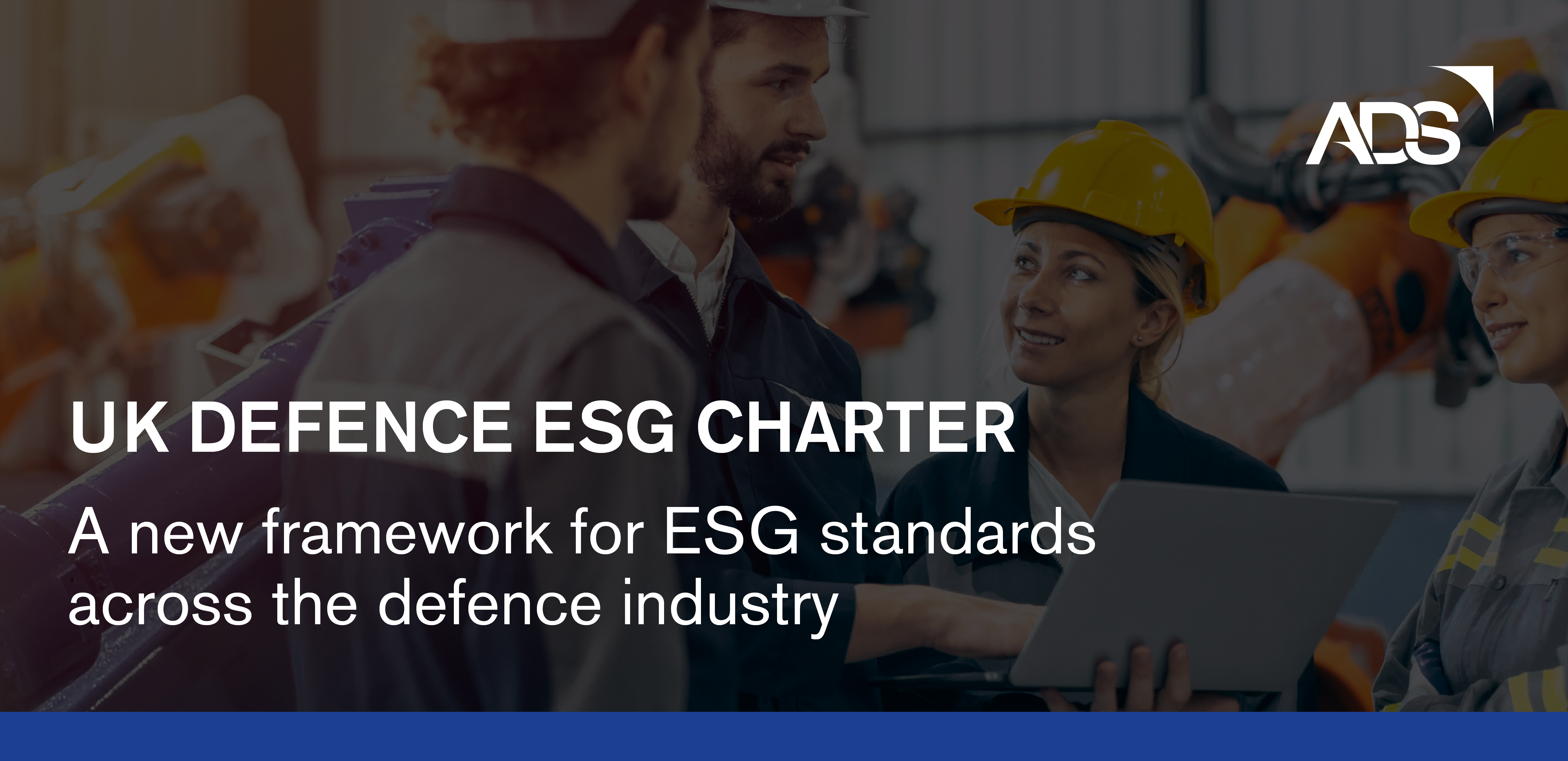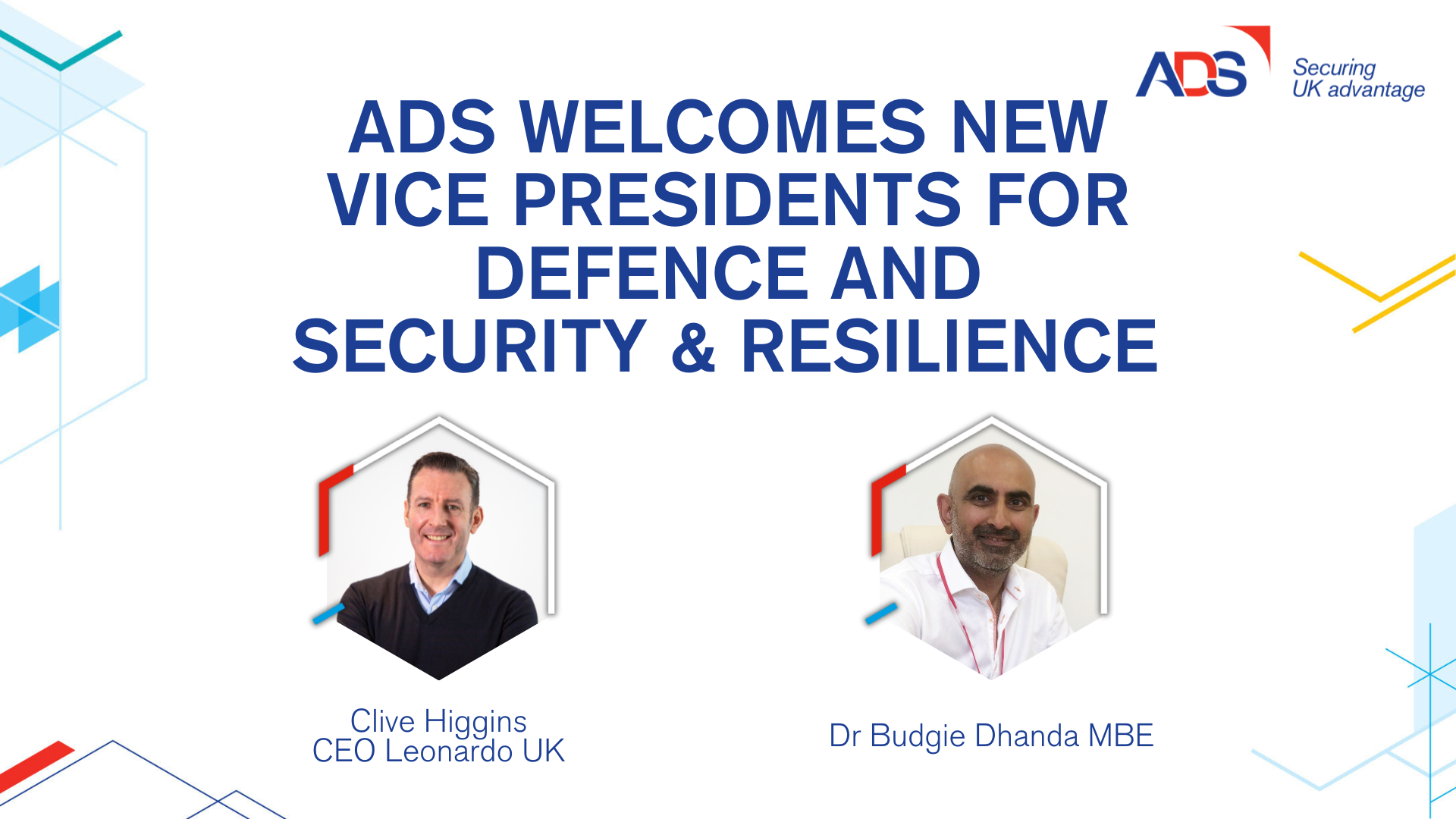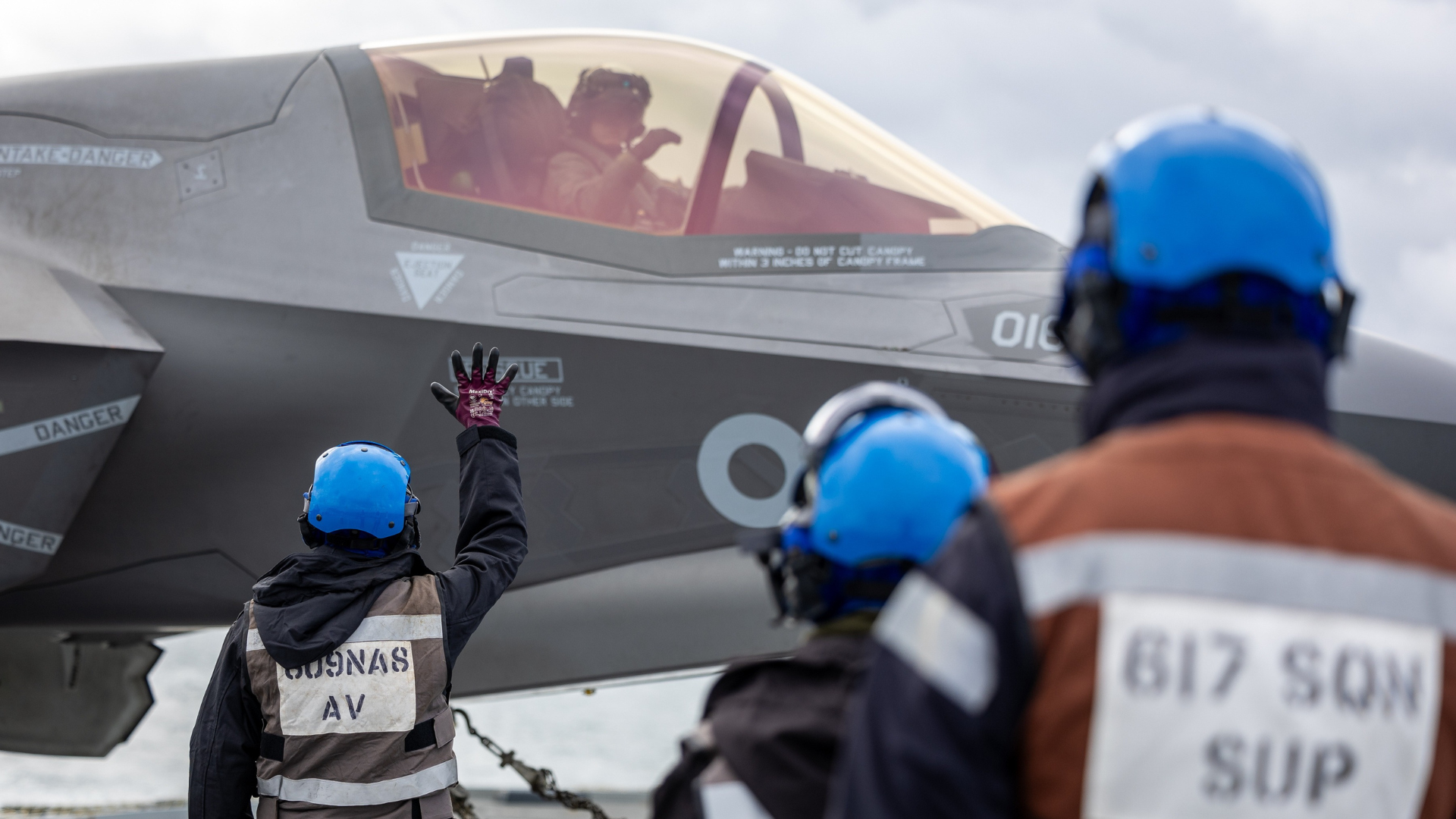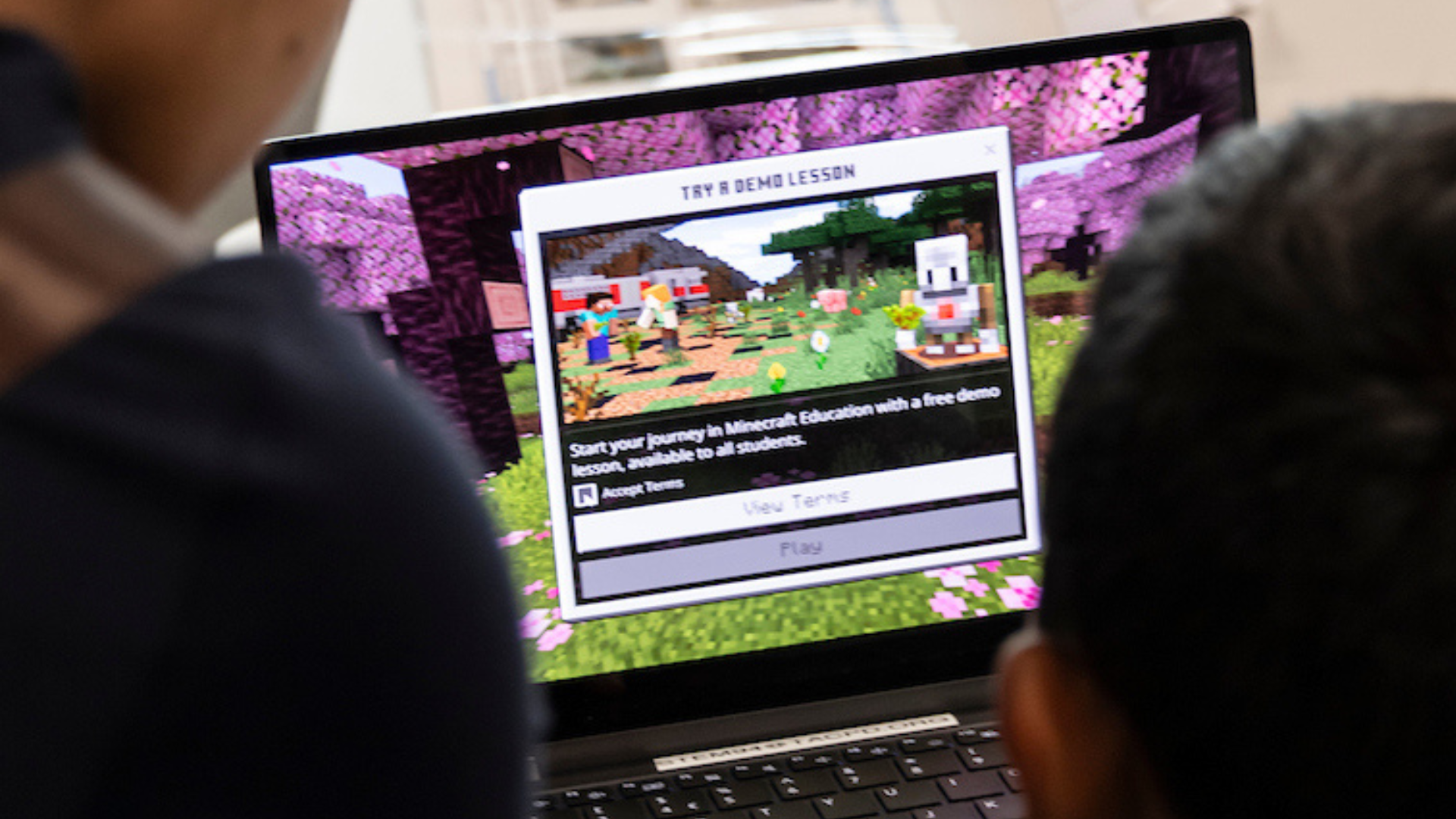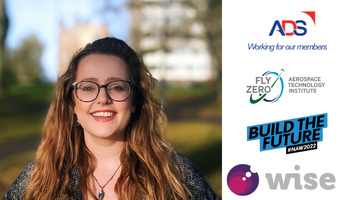
To mark Women in Science Day, we caught up with Bethany Hall, an Electrical Engineer who joined Rolls-Royce as an Engineering Graduate and has been seconded to the Aerospace Technology Institute (ATI) FlyZero project since March 2021. Bethany is currently a Technical Assistant to Project Director, FlyZero.
With Bethany, we discussed her work and how apprenticeships will play an important role in developing net zero technology and making carbon-free flight a reality.
What is FlyZero and why is it important?
FlyZero is a one-of-a-kind research project aiming to realise zero-carbon emission commercial aviation by the end of the decade. The research programme brought experts together from across the UK to conduct a study of the design challenges, manufacturing demands, operational requirements and market opportunity of potential zero-carbon emission aircraft concepts.
FlyZero’s findings will shape the future of global aviation, gearing up the UK to stand at the forefront of sustainable flight in design, manufacture, technology, and skills for years to come.
In order to avoid being ‘locked out’ of the zero-carbon aerospace sector, the UK must act now to accelerate technology development, form liquid hydrogen fuel supply and airport infrastructure, and equip the aerospace workforce with the skills needed to deliver these new, green technologies.
FlyZero Midsize Concept Aircraft © ATI
What new skills are needed?
FlyZero has formed a high-level view of the skills requirements for a future workforce developing and manufacturing liquid hydrogen aircraft technologies. To do this, we looked at the skills needed in technology areas such as propulsion (gas turbine, electrical and fuel cell), aircraft systems and aircraft structures, along with important cross-cutting skills such as sustainability, automation, digital, safety and certification.
How do apprenticeships fit in?
Apprentices are an essential part of the aerospace workforce as they bring new talent and fresh perspectives to the problems being faced while they learn from more experienced colleagues. Adapting the learning content for apprentices to include skills aligned to green technologies will help embed sustainability within the core aerospace community.
In the UK, a Green Jobs Taskforce has been set up to support the creation of up to 250,00 green jobs by 2030. Alongside this, the Institute for Apprenticeships and Technical Education has set up a Green Apprenticeships Advisory Panel to enhance offerings to meet the needs of employers within the transition to net zero. The workforce skills identified by FlyZero will form a key part of the evolution of aerospace-related apprenticeship offerings, introducing new training courses and modules to support the delivery of zero-carbon emission, liquid hydrogen-powered aircraft.
What advice would you give to an apprentice?
I would recommend to any apprentice, or person considering an apprenticeship – to seek out opportunities for upskilling in green technology areas. These skills are not only important in sustainable aircraft development but also relevant in equipping you to work across multiple sectors, enabling you to have a successful career whilst making a positive impact to the planet!
Further Information
The FlyZero findings, including the full ‘Workforce to Deliver Liquid Hydrogen Aircraft’ report, will be published in March 2022 at ati.org.uk.
For apprenticeship and wider career offerings to get involved in zero-carbon aircraft development, please visit the careers pages of the FlyZero contributing companies:
Airbus, Belcan, Capgemini, easyJet, Eaton, GE Aviation, GKN Aerospace, High Value Manufacturing Catapult (MTC), Mott MacDonald, NATS, Reaction Engines, Rolls-Royce, Spirit AeroSystems.
About Bethany
Since March 2021, Bethany has taken on many cross-functional activities including developing a ‘design for sustainability’ assessment tool, hosting supply-chain round table events, leading a workstream focused on defining the workforce and skills required to deliver hydrogen-fuelled aircraft.
Bethany is also a member of the WISE Young Professionals’ Board where she seeks to bring more authentic inclusion into STEM industries and aims to entice more people into careers in engineering promoting the real impact that ‘sustainable STEM’ careers can have on the planet.

